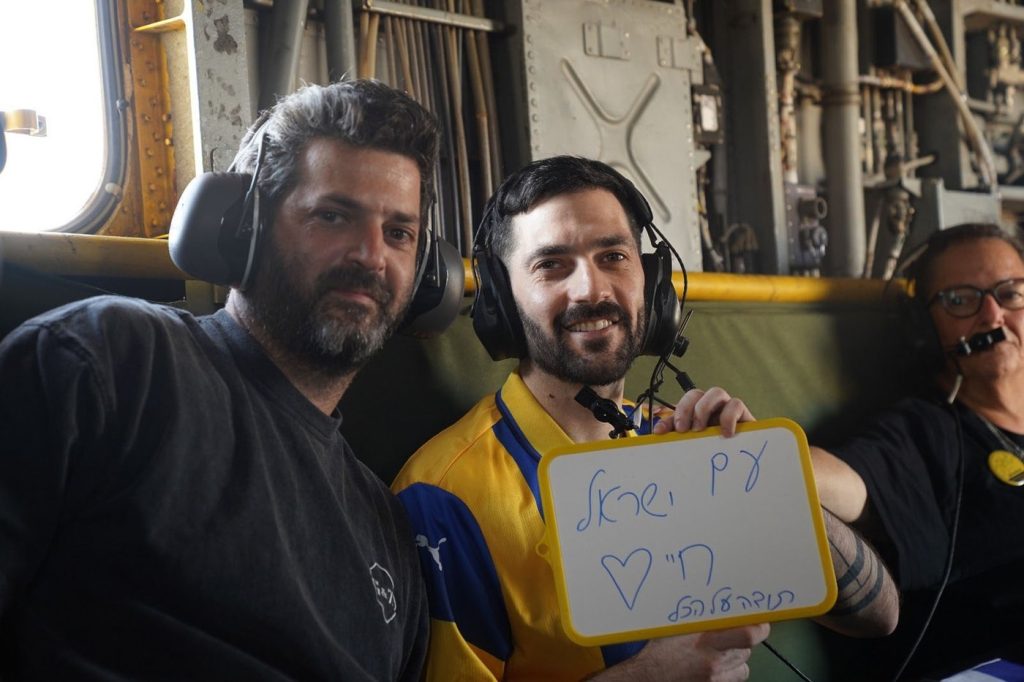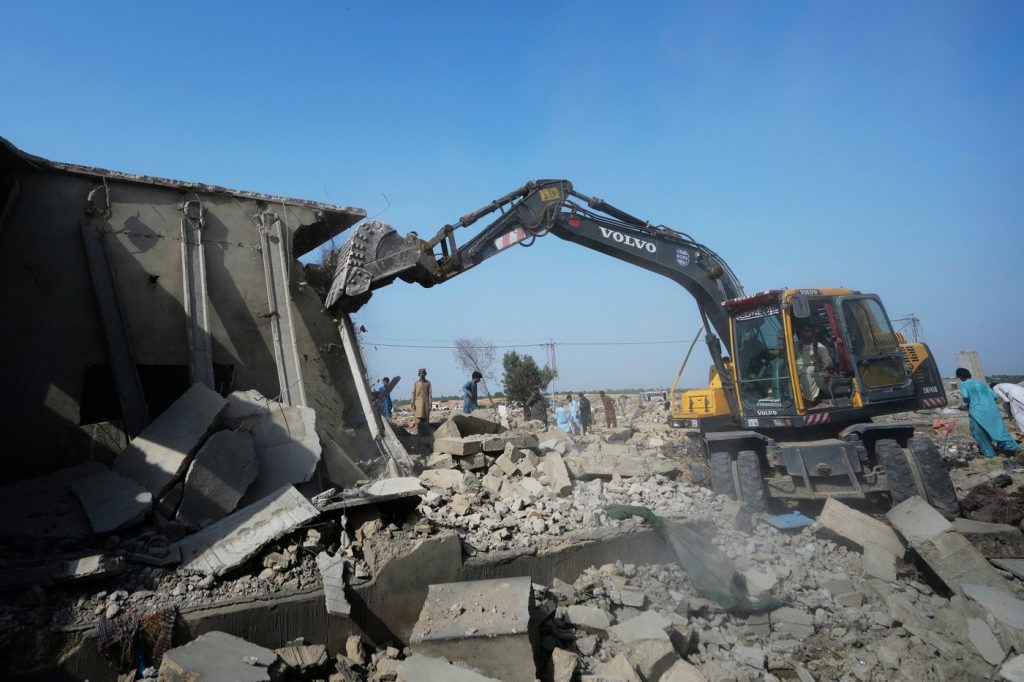TEL AVIV, Israel (AP) — The last 20 living hostages released by Hamas are embarking on a challenging journey toward recovery, with the assistance of a comprehensive medical team. They are being treated for malnutrition, lack of sunlight, and the psychological trauma of months spent in captivity, marked by physical restrictions including leg chains. These individuals face considerable challenges, including unexplained pain and the need to relearn simple daily decisions, such as when to use the restroom.
According to Israeli health officials, the returning hostages will have access to a team of doctors, nurses, specialists, and social workers during their reintegration into society, after spending nearly two years in Gaza. Their health status is stable as of Monday, with none requiring immediate intensive care.
Despite their stable physical condition, Hagai Levine, the head of the health team for the Hostages Family Forum, emphasized that their external appearance does not entirely reflect their internal struggles. They will remain in the hospital for several days to undergo various tests, including full psychiatric evaluations as per protocols established by the Israeli Ministry of Health. A nutritionist will also assist them in creating a diet plan to prevent refeeding syndrome, which can occur after prolonged starvation if food is reintroduced too rapidly.
The hostages emerged from captivity appearing exceptionally thin and pale, a condition attributed to extended periods of inadequate nutrition and sunlight. The consequences of malnutrition and lack of exposure to natural light could lead to serious health complications, affecting their kidneys, liver, and cognitive functions, as well as risking conditions like osteoporosis. Many of the hostages retained severe physical pain, particularly Elkana Bohbot, who reported widespread pain due to force-feeding during captivity.
Levine noted that there are documented cases of previous hostages who returned with untreated medical issues, including minor strokes and infections, leading to severely compromised immune systems. This necessitated limiting visitors during their hospitalization. He criticized the visits by politicians to the hostages, suggesting they could be both unnecessary and potentially harmful to their recovery process.
The war, which began with Hamas militants crossing the Israeli border and claiming numerous lives, has resulted in significant casualties on both sides. Official statistics indicate that over 67,600 Palestinians have died in the ongoing conflict, though the precise breakdown between civilian and combatant casualties remains unclear.
As the hostages navigate their recovery, it is crucial to restore their sense of autonomy. Einat Yehene, a clinical neuropsychologist and head of rehabilitation for the Hostages Families Forum, discussed how many hostages were exposed to sunlight for the first time after years in captivity and found overwhelming relief in mundane aspects of life, including basic choices about their immediate needs.
Small, guided decisions—including whether to eat or go to the bathroom—can help restore their sense of control. Yehene cited that for some, simple sensations like thirst can evoke past traumas, requiring constant familial presence to foster a sense of security during the initial recovery phase.
Hostages who embraced roles as parents prior to captivity generally found their reintegration process smoother, as responsibilities for their children necessitated reconnection and engagement within the family unit. Conversely, no women among the long-held hostages were mothers, which might impact their adjustment differently.
Initially, the newly released hostages experience a euphoric state but may also grapple with guilt regarding the suffering their families endured during their absence. For those who had limited exposure to media, a gradual introduction to current events is suggested to minimize overwhelming reactions.
Yehene observed significant emotional releases among previously returned hostages in response to the latest release, indicating that they had felt "frozen" by their past experiences and were now beginning to process their trauma effectively. Some, like Iair Horn, expressed their newfound freedom only when they were reunited with loved ones, noting that the return of his brother, Eitan, marked a true sense of liberation for him.
Liran Berman, whose twin siblings Gali and Ziv were also released, reflected on the protracted struggle between hope and fear that ensued over their captivity period. The emotional intensity of reunion moments, such as holding a loved one after a long separation, signals a return to a more hopeful and connected existence.












